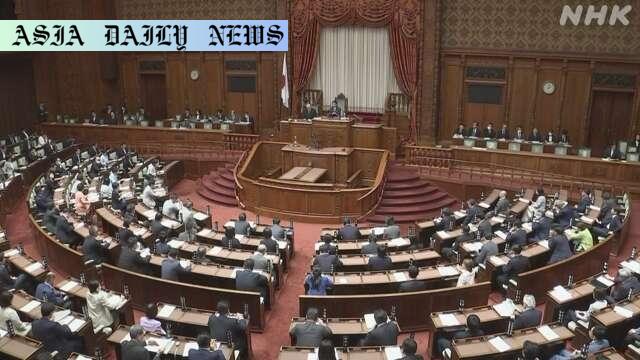Disaster Management: Japan’s Diet passes six major amendments to bolster preparedness following lessons from past crises.
Japan’s Diet has revised the Disaster Management Law to enhance crisis preparedness.
The changes include annual public disclosure of contingency supplies.
Stronger collaboration between local governments and volunteer groups is promoted.
Increased welfare support for affected seniors and vulnerable individuals.
Contractors can now enter private properties to expedite water restorations.

Japan Strengthens Disaster Preparedness
Japan’s Diet has approved significant amendments to the nation’s Disaster Management Law, aiming to address gaps in preparedness and response mechanisms seen during previous calamities. The revisions include six major changes, many of which were driven by lessons learned from recent events such as the 2024 Noto Peninsula earthquake. This legislative action underscores Japan’s commitment to improving its disaster management and readiness.
Transparency and Accountability in Contingency Supplies
One of the key amendments requires local governments to annually disclose the status of their contingency supply inventories. These supplies, which include critical items such as food and portable toilets, are essential for supporting affected populations during emergencies. Increased transparency aims to not only ensure preparedness but also build public trust and encourage accountability among local authorities. By implementing annual reporting, governments can prevent shortages and ensure timely replenishment of needed resources.
Enhanced Volunteer Coordination and Support
The amended law establishes systems for advance registration of volunteer groups, fostering better communication and coordination with local governments. During emergencies, volunteers play a vital role in relief efforts, and this measure is geared toward optimizing their involvement. Additionally, the law offers financial coverage for volunteer activities, further incentivizing participation and ensuring that these groups can operate effectively during crises.
Comprehensive Welfare Measures for Vulnerable Populations
Another important aspect of the revisions is the expanded welfare support for seniors, individuals with disabilities, and others living in evacuation centers, homes, or vehicles during disasters. The new provisions enable officials to deliver welfare services to babies and people requiring special care, regardless of their location. By addressing the needs of the most vulnerable, Japan ensures that no segment of the population is overlooked during disasters.
Accelerated Restoration of Essential Services
In a notable change, contractors are now permitted to access private properties to restore critical utilities such as water infrastructure. This amendment was influenced by delays in repairing damaged water pipelines after the Noto earthquake. By removing barriers to swift restoration, the government aims to minimize the prolonged hardships experienced by affected communities.
Awareness Campaigns and Future Outlook
The government has committed to raising awareness about these legislative changes among local officials and volunteer organizations. Educational campaigns will be rolled out to ensure all stakeholders understand the new measures and their respective responsibilities. This comprehensive approach highlights Japan’s determination to create a more resilient and prepared society in the face of future disasters.
Commentary
Proactive Measures to Protect Communities
The revisions to Japan’s Disaster Management Law represent a proactive and thoughtful approach to safeguarding communities from the adverse impacts of natural disasters. By learning from past events such as the Noto Peninsula earthquake, the government has demonstrated its willingness to evaluate its shortcomings and implement meaningful reforms. These changes will go a long way toward reducing vulnerabilities and ensuring robust disaster preparedness across the nation.
Addressing Structural Challenges
One of the most commendable aspects of the amendments is the introduction of mechanisms to address persistent structural challenges in disaster response. For instance, requiring annual disclosure of contingency supplies strengthens accountability, while enabling contractors to access private properties for utility restoration addresses critical delays in basic services. These measures not only enhance operational efficiency but also underscore the government’s dedication to putting citizens’ needs first during emergencies.
Caring for the Most Vulnerable
A particularly inspiring element of these reforms is the heightened focus on vulnerable populations, including the elderly, disabled individuals, and those in unique living situations. By extending welfare services to groups in evacuation centers, homes, or even vehicles, the amendments ensure inclusivity and fairness in disaster relief efforts. This is especially important in an aging society like Japan, where a significant portion of the population relies on supportive systems during crises.
Challenges Remain
While these reforms mark a significant step forward, challenges remain in their execution and effectiveness. Local governments must ensure that they have the resources and systems in place to meet the new requirements, particularly regarding supply management and volunteer coordination. Public awareness campaigns will also play a critical role in making sure citizens and organizations understand their roles and responsibilities under the revised law.


